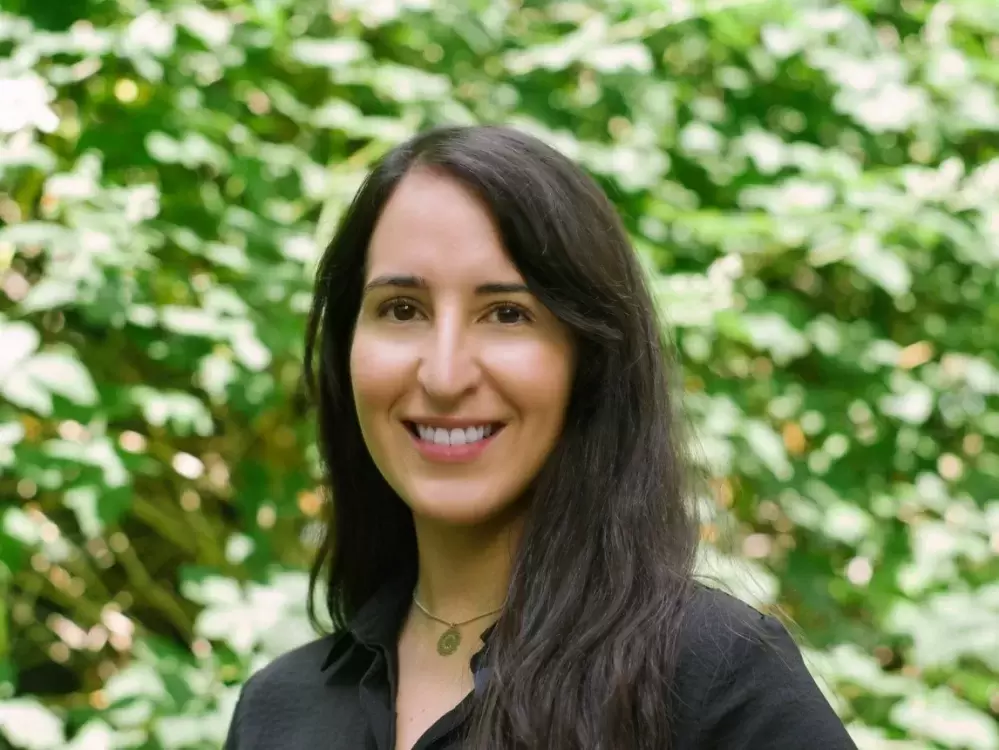A PhD candidate is expected to spend a good chunk of the coming months interviewing Nuu-chah-nulth individuals to determine what role structural racism plays in treating and preventing chronic diseases.
Krista Stelkia is a member of the Osoyoos Indian Band with Sylix and Tlingit ancestry. Stelkia is working towards her PhD from Simon Fraser University’s Faculty of Health Sciences department in Vancouver. Her research project is called Measuring the Unmeasureable: Exploring How Structural Racism Impacts Chronic Disease in First Nations Populations in Canada.
Stelkia said she will be relying on representatives from the Nuu-chah-nulth Tribal Council to help suggest which individuals to interview for her research project.
“I’m looking for them to guide me on the right path,” Stelkia said of NTC reps.
Stelkia expects to interview around 20 Nuu-chah-nulth people for her project. But at this point she is not certain how many of the 14 Nuu-chah-nulth First Nations those individuals will be from.
Stelkia is hoping to talk to Nuu-chah-nulth people who are not only living on their First Nation territory but others living away as well.
For those Nuu-chah-nulth individuals who are not currently living on their First Nation, Stelkia is hoping to hear their stories to determine whether racism has had an impact on accessing health care services and how that has affected their health and/or chronic disease management.
She anticipates interviews to last between 45 minutes to two hours. And she believes she might have to hold multiple interviews with some individuals.
Stelkia hopes to interview numerous individuals living with chronic ailments including diabetes, kidney disease, hypertension and cardiovascular disease.
“It’s whatever they are comfortable with,” she said.
Though others have explored how racism can affect one’s health, Stelkia, who lives in North Vancouver, said she has not heard of anyone else in Canada doing a thesis on structural racism and its consequences.
“There’s been a few though in the United States and in Australia,” she said.
Stelkia added there have been numerous studies completed which show that the number of Indigenous people with chronic diseases are significantly higher than non-Indigenous Canadians.
“You start to wonder whether there is something bigger going on,” she said.
Stelkia’s interest in this subject also stems from the fact she has been working with the First Nations Health Authority (FNHA) in West Vancouver since 2014.
She previously worked as a research analyst and research advisor for the FNHA. Since last October, however, she has been the FNHA’s manager of Indigenous health and wellness research.
Stelkia earned her first degree, in criminology, from SFU in 2012. She then received her Masters degree in 2016. It was also in 2016 that Stelkia began working towards her PhD, after switching to the SFU’s Faculty of Health Sciences.
Early on Stelkia had an inkling of what her thesis would eventually focus on.
“I started to see a lot of news articles in the media including racism in the health care system,” she said.
Stelkia added one article in particular stuck out to her. It involved an Indigenous woman in Quebec who was giving a prescription. A message of ‘Do Not Drink’ was attached.
“I was shocked,” Stelkia said. “I couldn’t believe this degree of explicit racism was occurring.”
It could be two years before Stelkia’s thesis is complete but she is hoping to be finished before that.
She’s planning to start conducting her interviews with Nuu-chah-nulth members shortly and continue over the course of the summer. And then she’s hoping to have her data analysis complete by some point this fall.







